Flax Seeds
Flax seeds are a powerhouse of nutrition, offering a wide range of potential health benefits. In this blog post, we’ll discuss the health benefits of flax seeds, including their high fiber content, their potential to reduce cholesterol levels, and their ability to boost your immune system.
We’ll also look at how to incorporate flax seeds into your diet and the best ways to store them.
How to incorporate flax seeds into your diet
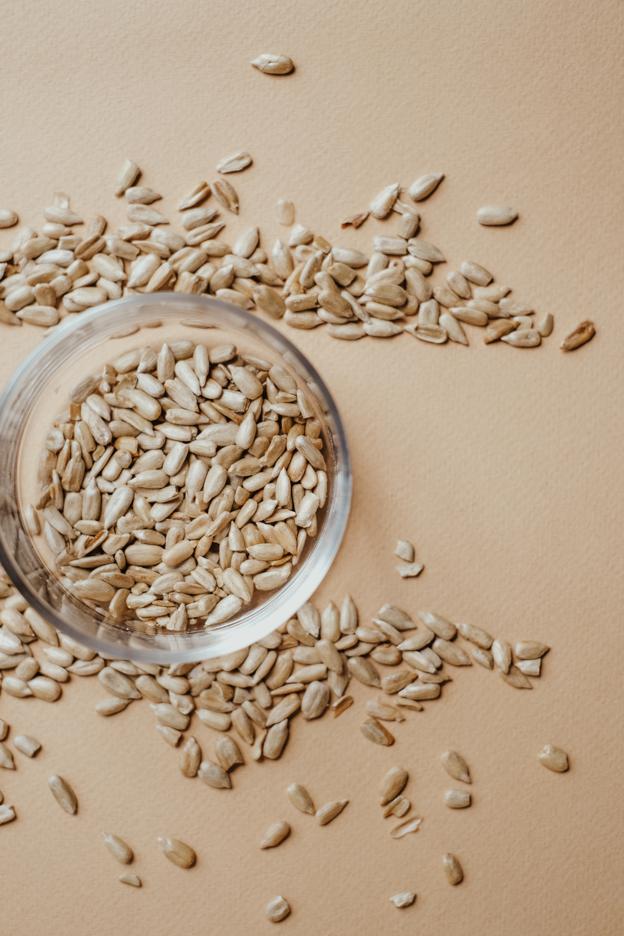

Flax seeds are a nutritional powerhouse, packed with omega-3 fatty acids, fiber, and a wealth of vitamins and minerals. Incorporating these tiny seeds into your diet can be an easy and delicious way to increase your intake of healthy nutrients. From sprinkling them over salads or yogurt, to baking them into muffins, to making a homemade flax seed cracker, the possibilities are endless!
From sprinkling them over salads or yogurt, to baking them into muffins, to making a homemade flax seed cracker, the possibilities are endless! Not only are they versatile, but adding flax seeds to your diet may also promote heart health, help control blood sugar levels, and assist with digestion. So get creative and enjoy the many benefits of flax seeds!
Health benefits of flax seeds
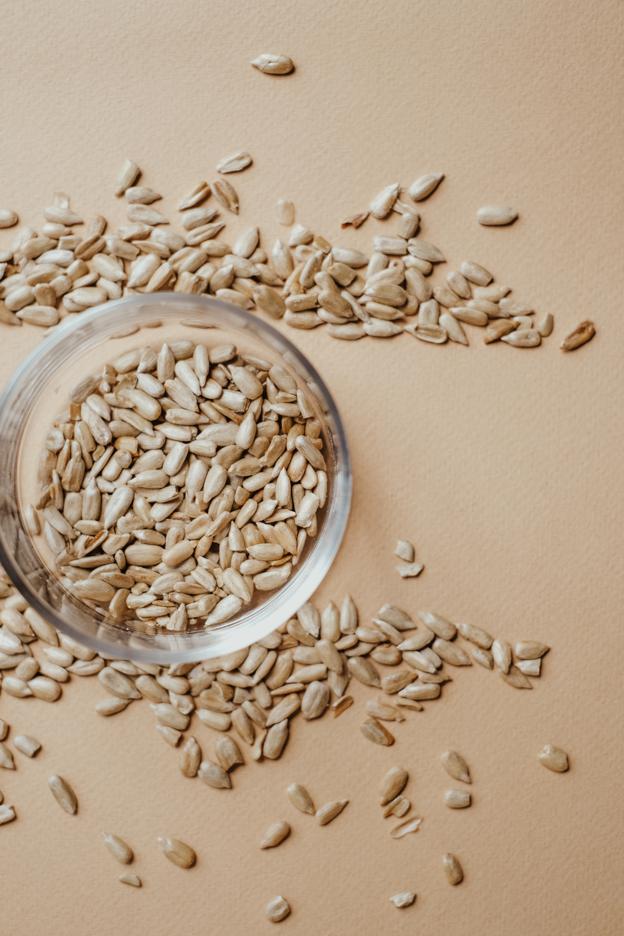

Do you want to maximize your health and wellness potential? Look no further than the mighty flax seed!
This superfood contains a wealth of essential nutrients that can help you feel your best. From promoting cardiovascular health to aiding digestion, flax seeds are an excellent addition to any diet. Rich in omega-3 fatty acids, flax seeds can help reduce inflammation and lower blood pressure.
Plus, they are a great source of dietary fiber, which promotes regularity and may help reduce the risk of certain chronic diseases. With its high antioxidant content, flax seeds may also help protect your cells from damage caused by free radicals. So, add a spoonful of flax seeds to your smoothie or sprinkle them on top of your morning yogurt for a nutritional boost.
Your body will thank you for it!
The different types of flax seeds and which is best
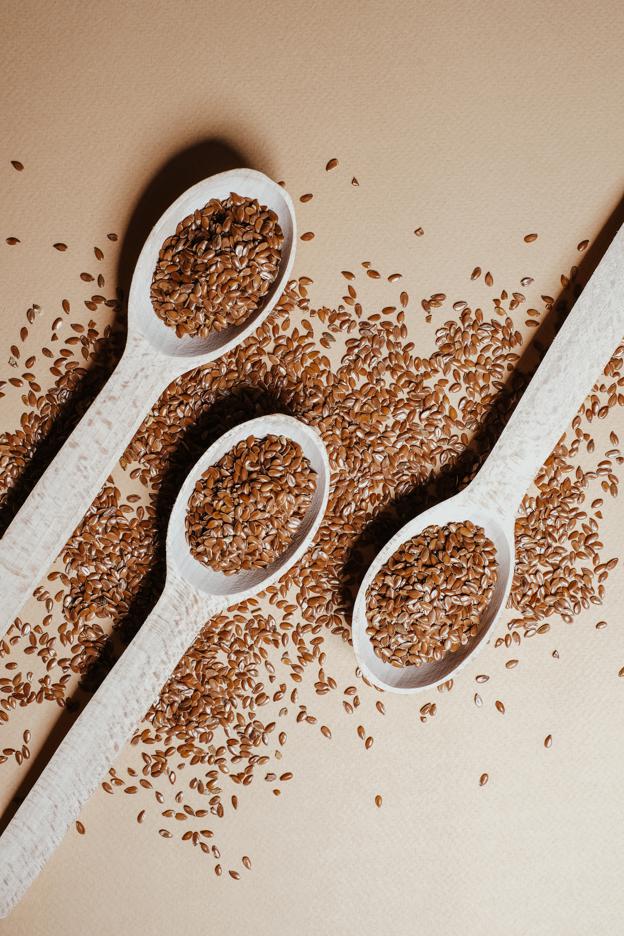

Flaxseeds are commonly used to add texture and nutrition to meals, but did you know that there are actually several different types of flaxseeds? Brown, golden, and red flaxseeds each have their own unique flavor, nutrition profile, and uses in the kitchen. While all types of flaxseeds are high in fiber and omega-3 fatty acids, they differ in flavor and texture.
Brown flaxseeds have a nutty flavor and crunchy texture, while golden flaxseeds have a milder flavor and a softer texture. Red flaxseeds are the mildest of the three and also the softest in texture.
So which type of flaxseed is best? Ultimately, it depends on what you’re looking for. If you want a crunchy texture and nutty flavor, brown flaxseeds are the way to go.
If you want a crunchy texture and nutty flavor, brown flaxseeds are the way to go. If you prefer a softer texture and a milder flavor, golden flaxseeds are the right choice. If you want an even milder flavor and softer texture, red flaxseeds are the perfect option.
Recipes using flax seeds
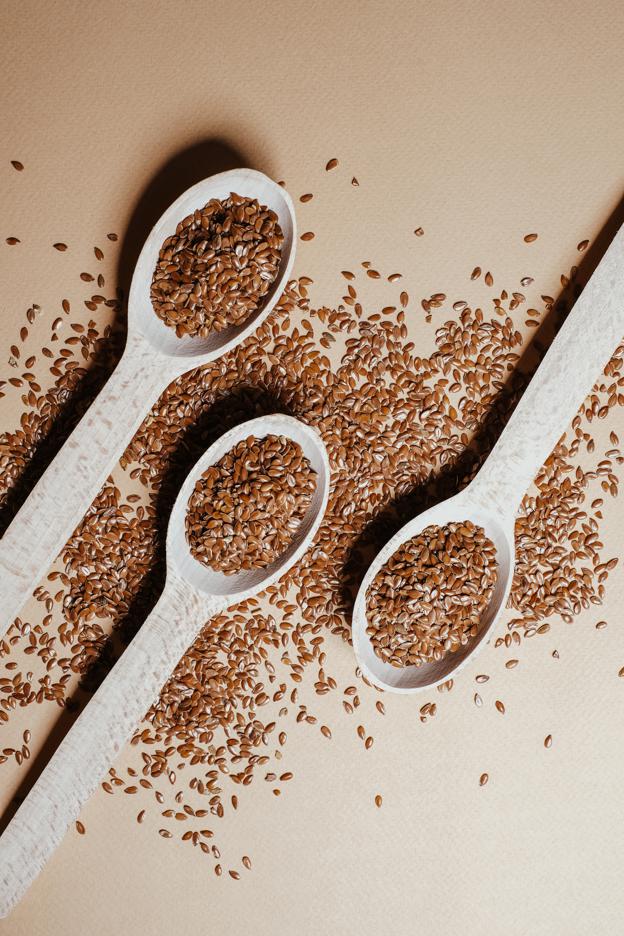

If you’re looking for a nutritious and delicious way to add more superfoods to your diet, look no further than flax seeds! Not only are they high in fiber, protein, omega-3 fatty acids, and other essential vitamins and minerals, but they also add a nutty flavor and crunchy texture to any dish. With so many health benefits, it’s no wonder that flax seeds are becoming increasingly popular.
With so many health benefits, it’s no wonder that flax seeds are becoming increasingly popular. From smoothies and salads to soups and baked goods, there are endless recipes that feature flax seeds. Let’s explore some of the delicious ways to incorporate this incredible superfood into your meals!
Tips and tricks for using and storing flax seeds
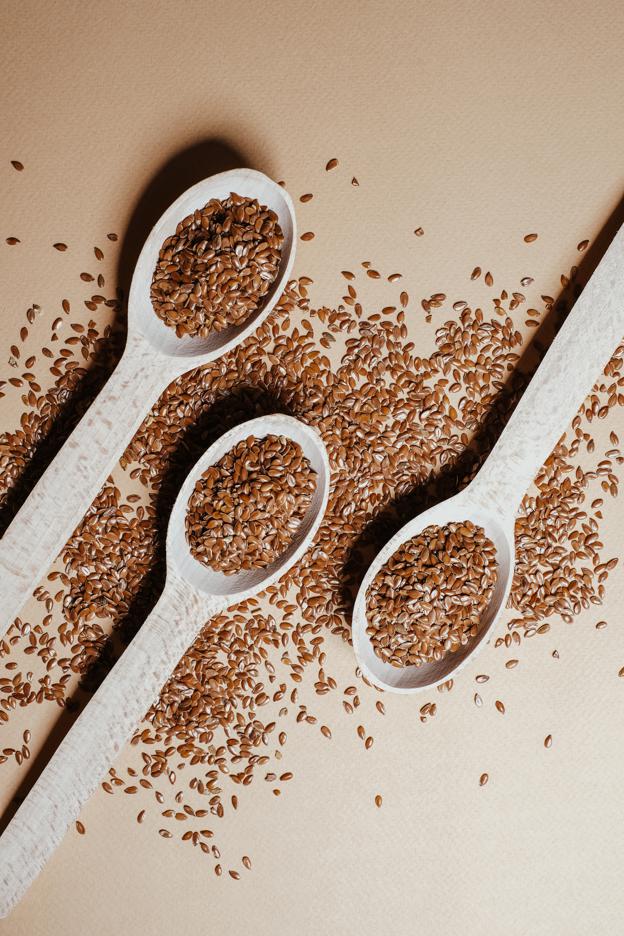

Flax seeds are a powerhouse of nutrition and can be used in a variety of ways to help boost the nutrition of any meal. Whether you’re looking to add a nutty crunch to your salad or a healthy alternative to traditional baking ingredients, flax seeds should be a staple in your kitchen. Here are some tips and tricks for using and storing flax seeds so you can get the most out of this superfood.
Here are some tips and tricks for using and storing flax seeds so you can get the most out of this superfood. When it comes to using flax seeds, you can use them in a variety of ways. Try grinding them up and adding them to smoothies, oatmeal, yogurt, or even baking recipes.
You can also sprinkle them onto salads or add them to energy bars. Flax seeds can also be used as an egg substitute in vegan recipes. Storing flax seeds is easy, too.
Make sure to keep them in an airtight container in a cool, dry place. If you plan to grind them, it’s best to do so right before you use them to prevent them from becoming rancid.
You can store ground flax seeds in the refrigerator for up to a month. With these tips and tricks, you’ll be able to get the most out of your flax seeds. Start incorporating them into your regular meals to reap the health benefits of this superfood.
Faqs about flax seeds
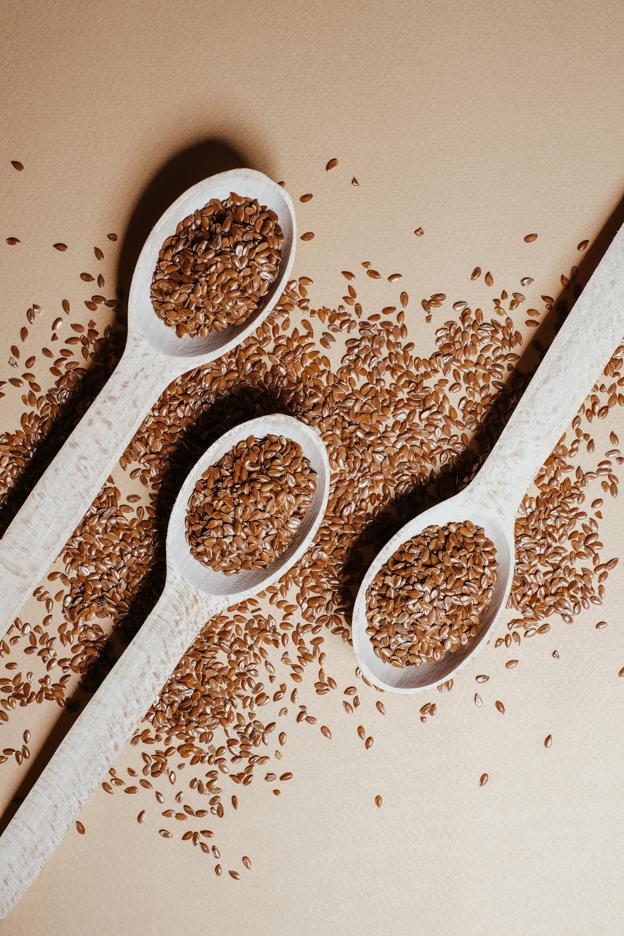

Flax seeds are an incredibly nutritious and versatile food that has been used for centuries. Not only are they great for adding extra crunch and texture to foods, but they are also packed with many essential vitamins and minerals. Many people have questions about how to use flax seeds, and what their health benefits are.
Many people have questions about how to use flax seeds, and what their health benefits are. We’ve put together a list of FAQs that will help you understand more about this amazing ingredient. From how to cook them, to the best ways to enjoy their health benefits, we’ve got all the answers you need to get the most out of flax seeds.
Conclusion
In conclusion, flax seeds are an excellent source of many important nutrients and can offer a variety of health benefits. They are an easy and convenient way to add more fiber, omega-3 fatty acids, and other vitamins and minerals to your diet.
Flax seeds are also low in calories and may help reduce the risk of certain chronic diseases. For these reasons, flax seeds can be a great addition to any healthy diet.







